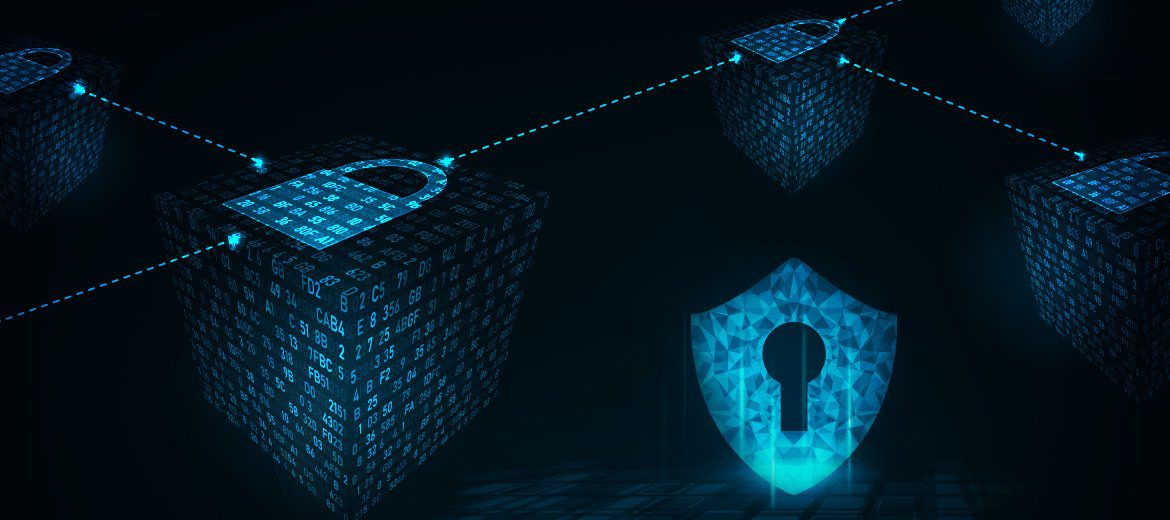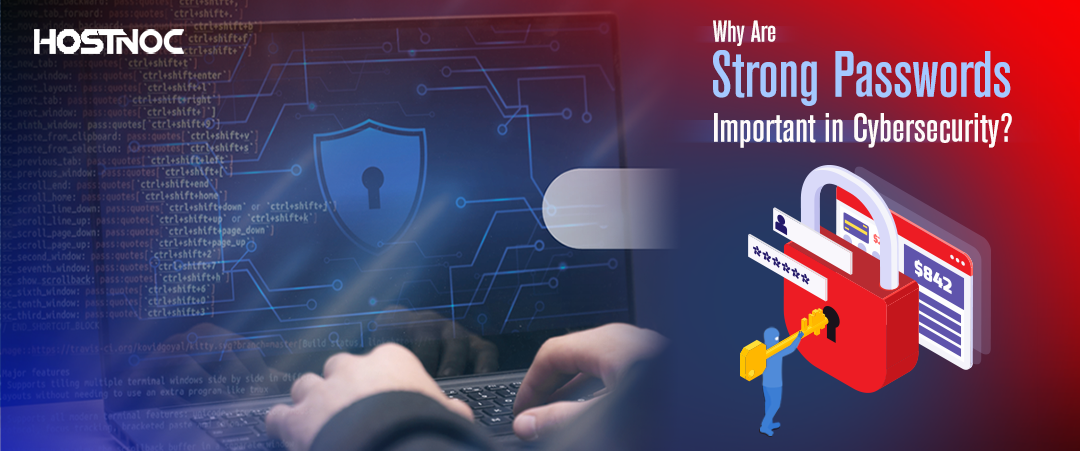Blogs

7 Password Best Practices You Can Adopt To Make Your Passwords Hacker proof
May 29, 2019
4 Convincing Reasons Why Blockchain Is the Answer to All Your Data Security Woes
June 14, 2019With web surveillance becoming tighter, individuals and businesses are struggling to access the content they want and keep their browsing session private at the same time. This is where a virtual private network comes in handy. It allows you to anonymously browse the web and get access to content that is not accessible in your region.
As an individual, you do your best to keep your browsing session private. Similarly, businesses also have to ensure some kind of privacy when it comes to web browsing. This is only possible with a virtual private network. VPN provides businesses with the peace of mind they are looking for and allows them to access whatever they want without revealing their identity.
If you are in the market to buy a VPN, then you might have realized that most VPN providers have websites with all the design bells and whistles to engage visitors but lack the necessary details on their websites. Dig a little deeper and compare different VPN services and you will realize that most of them offer similar services with a few differences here and there. This makes it difficult to select the best VPN provider for businesses.
In this article, you will learn about seven things that businesses should consider when buying a VPN.
7 Things To Consider When Buying a VPN
-
Price
The easiest way to differentiate between different VPN services is the price. They might be offering similar services on paper but will charge you differently. Additionally, they also offer different pricing plans and models such as monthly, quarterly, biannually, or annually. Some even offer lifetime subscriptions as well.
Analyze your business needs and ask yourself how much you are willing to spend on a VPN. With a fixed budget in mind, you can easily eliminate options that exceed your budget and pick those that offer the best value for money. Avoid short-term pricing plans and opt for long-term ones to enjoy savings as you can get discounted rates in long term plans.
-
Number of Servers
Before purchasing a VPN for your business, it is important to understand how VPN works. A VPN works by creating a tunnel from where your encrypted data passes. This tunnel acts as a bridge connecting the user with the VPN service provider’s server. Ask questions such as, “How many servers do you have?” from the VPN service provider. Good VPN service providers will tell you how many servers they have but most VPN service providers won’t. Remember that the higher the number of servers a VPN service provider has, the better the service they will deliver to their users. Just like HostNoc windows dedicated server, users can get higher bandwidth and enjoy faster speeds.
-
Location of Servers
Just like real estate, location plays an important role in VPN service as well. The location of the server does matter as the nearer the server is to your location, the smoother the experience you can get. On the contrary, if the servers are located thousands of miles away, you will experience some lag and poor response times. Yes, you can get over geo-restrictions with a server located in a different country, but you will have to deal with slow response time and lag. This hampers the overall web experience for users. This lag becomes even more evident if you are using it for online gaming.
-
Data Limit
Yes, it might be tempting to go for free plans or free tiers that VPN service providers offer, but they all come with a catch: monthly data limit. Even though you might have an unlimited internet connection, if you have a data cap on VPN, you won’t be able to make the most of your unlimited data connection. Some VPN providers let you try the service for a month and then decide whether you want to become a paid subscriber or not. Choose a data plan according to your business needs to keep accessing the web anonymously.
-
Connected Devices
Another important consideration when choosing a VPN is the number of devices you can connect. In most cases, users will try to connect multiple devices simultaneously. It could be a PC, laptop, tablet or smartphone. Make sure to ask about data cap on each device as most service providers tend to set a data limit based on the device. Some VPN providers only allow you to connect a handful of devices at a given time. If you want to connect more devices simultaneously, you will have to subscribe to their premium tier, which comes with a loftier price tag but lets you connect more devices at any time.
-
Device Support
If your business encourages employees to bring their own devices to work, you should also inquire about the device compatibility and support. Most VPNs support Windows-based devices while others also cater to Mac, iOS and Android. If you are planning to use VPN on a bunch of different devices and platforms, it is important to check for the platform and device support before purchasing the VPN. Support for Linux is fairly limited. If you have some less popular device on older platforms, then device support can prove to be a big concern for your business. If the VPN provider does not support your devices, there is no point in buying a VPN from that service provider in the first place.
-
Privacy and Logging
Last but certainly not the least is privacy and logging. Believe it or not, all VPN service providers maintain a log of your online activities and store user data for a limited time as well. In some cases, they are obliged to hand that data down to government agencies. This is why it is important to know how the VPN service provider collects, stores and distributes your data. Read the privacy policy carefully as it mentions what type of data they store and how they use that data.
What do you look for when buying a VPN for your business? Feel free to share it with us in the comments section below.
Featured Post
IBM Unveils Solutions To Automate Security Operations
At RSA Conference 2025, IBM announced a significant expansion of its managed detection and response (MDR) services with the introduction of new agentic AI to automate […]
Why Are Strong Passwords Important in Cybersecurity?
Table of Contents The Role of Passwords in Cybersecurity Why Are Strong Passwords Important? Protection from Brute Force Attacks Preventing Account Hijacking Protecting Sensitive Information Safeguarding […]
7 Cybersecurity Trends for 2025 According to IBM
Table of Contents 7 Cybersecurity Trends for 2025 According to IBM 1. The Rise of Shadow AI 2. Identity Becomes the New Security Perimeter 3. Collaboration […]





